Bring a Civics for All of US teacher workshop to your school, district, or educational organization!
Our virtual Civics for All of US Teacher workshops are available by request for groups of 10 or more educators. Workshops are free and available Monday through Friday during regular business hours. Please submit your request at least one month in advance of your desired date. Evening and weekend workshops may be available on occasion.
Email education@nara.gov to learn more and request a workshop today!
Available topics include:
Civics for All of US with the National Archives
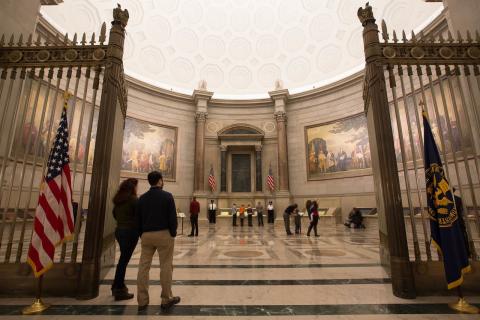
Discover resources for teaching the Constitution and Bill of Rights.
Teaching the Bill of Rights for Educators

This online workshop will explore how to engage learners of all grade levels in the active exploration of primary sources that teach about the rights embodied in the Bill of Rights.
Interrogating Presidential Photographs
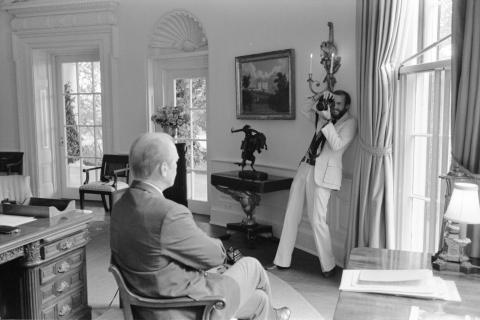
Find out what students can learn by taking a closer look at presidential photographs.
Teaching About Elections with Political Cartoons
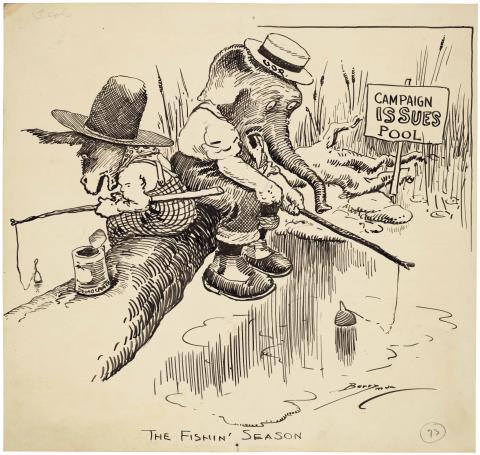
Discover how classic political cartoons can engage students in studying elections.
An Ordinary American Takes an Extraordinary Stand: Teaching Korematsu v. United States
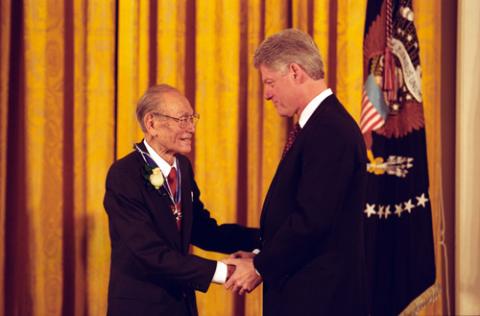
Explore primary sources for teaching Korematsu v. United States and Japanese American incarceration.
Teaching Native American Treaties for Elementary Educators
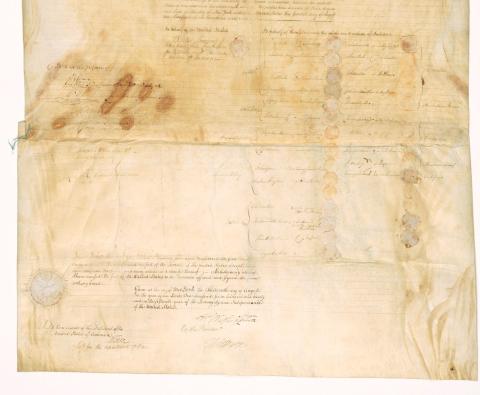
Consider strategies for teaching Native American treaties in the classroom.
Executive Orders and Civil Rights
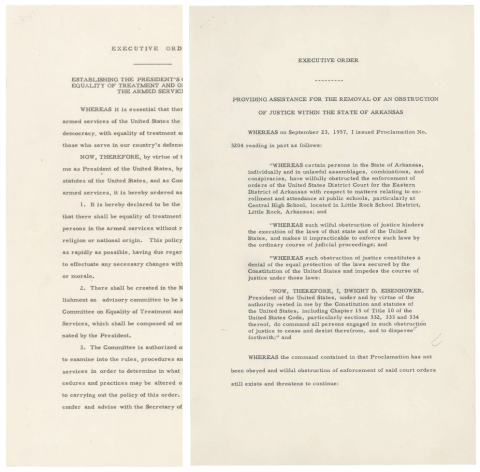
Discover how and why presidents have issued executive orders to advance civil rights.
The Civilian Conservation Corps: Civics at Work
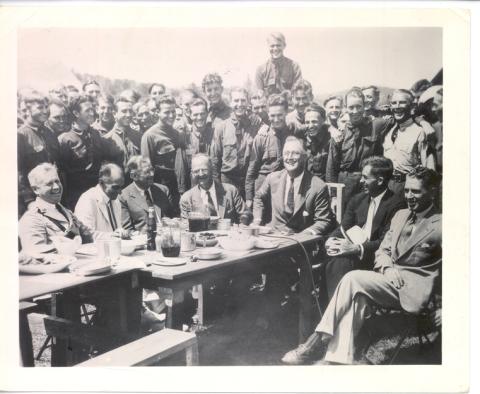
Connect with resources for teaching how the government responds to crises.
Addressing Racial Discrimination in Voting During the Kennedy Administration
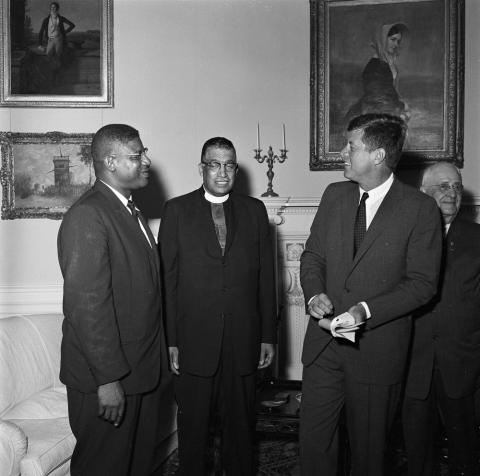
Investigate primary source material to learn how citizens and government officials used the tools of democracy to challenge racial discrimination in voting.
Teaching the 14th Amendment
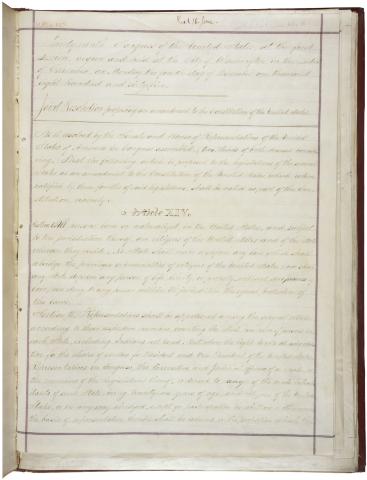
Unpack the text of the 14th Amendment and discover why it was desired after the Civil War, its destiny in the decades that followed, and its relevance today.